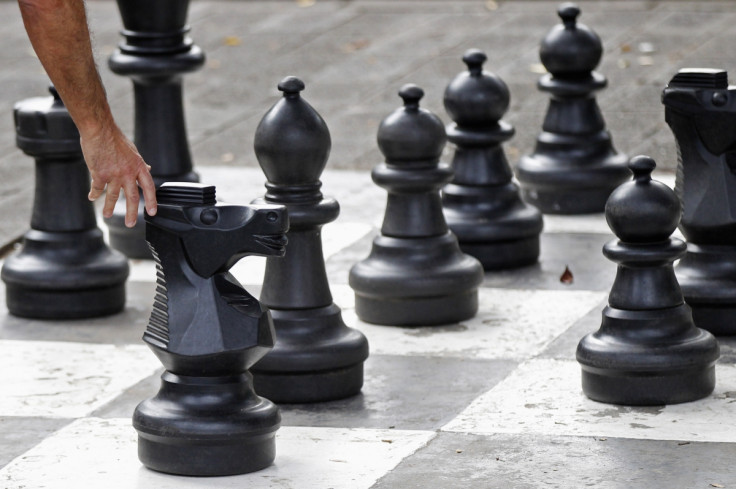New AI learns to play chess at international grandmaster level in 72 hours

An artificially intelligent (AI) machine has taught itself to play chess better than most humans in just three days. Computer programs like Deep Blue, which famously beat champion player Gary Kasparov in 1997, can already calculate millions of moves a second, but this new chess program, named Giraffe, is believed to be the first chess AI that uses an artificial "neural network" that mimics the human brain to formulate its moves and adapt over time.

Although traditional chess computers can calculate far more moves than humans, they play the game differently as, unlike the human brain which efficiently rejects bad moves, they explore as many options as possible, using raw computing power to study millions of possible moves simultaneously. In contrast, Giraffe is able to "think" intuitively by using a strategy of "automatic feature extraction and pattern recognition" to assess the board and learn which moves are more likely to work.
Designer Matthew Lai, who is studying for his MsC at Imperial College London, says he has developed the program in a way that combines human efficiency with processing power. "Humans are much more selective in which branches of the game tree to explore," he wrote in his report on the program. "Computers, on the other hand, rely on brute force to explore as many continuations as possible, even ones that will be immediately thrown out by any skilled human."
Lai said the program could also be applied to other board games, which could quickly be learned well enough to beat human opponents. After spending only 72 hours playing against itself, Giraffe reportedly reached a rating equivalent to an international chess grandmaster – the top 2.2% of players.
However, Giraffe is still not as powerful as the world's most sophisticated chess playing software, which cannot currently be beaten by humans. Despite this, Lai said the program was "remarkable" as these programs are "carefully hand-designed behemoths with hundreds of parameters that have been tuned both manually and automatically over several years, and many of them have been worked on by human grandmasters".
© Copyright IBTimes 2025. All rights reserved.





















